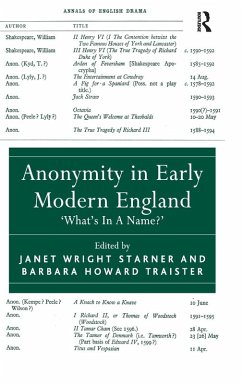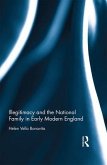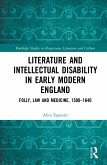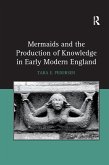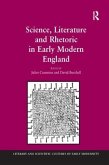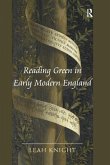Expanding the scholarly conversation about anonymity in Renaissance England, this essay collection explores the phenomenon in all its variety of methods and genres as well as its complex relationship with its alter ego, attribution studies. Contributors address such questions as these: What were the consequences of publishing and reading anonymous texts for Renaissance writers and readers? What cultural constraints and subject positions made anonymous publication in print or manuscript a strategic choice? What are the possible responses to Renaissance anonymity in contemporary classrooms and scholarly debate? The volume opens with essays investigating particular texts-poetry, plays, and pamphlets-and the inflection each genre gives to the issue of anonymity. The collection then turns to consider more abstract consequences of anonymity: its function in destabilizing scholarly assumptions about authorship, its ethical ramifications, and its relationship to attribution studies.
Hinweis: Dieser Artikel kann nur an eine deutsche Lieferadresse ausgeliefert werden.
Hinweis: Dieser Artikel kann nur an eine deutsche Lieferadresse ausgeliefert werden.

